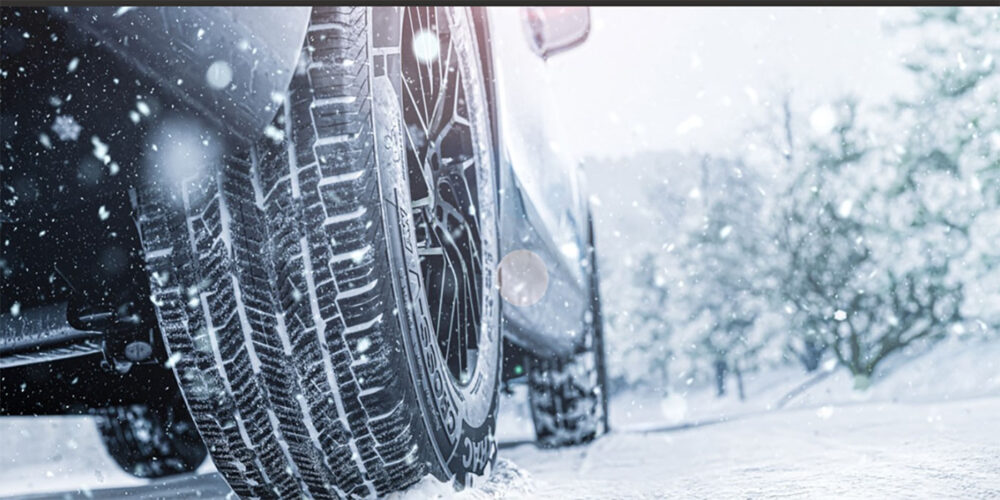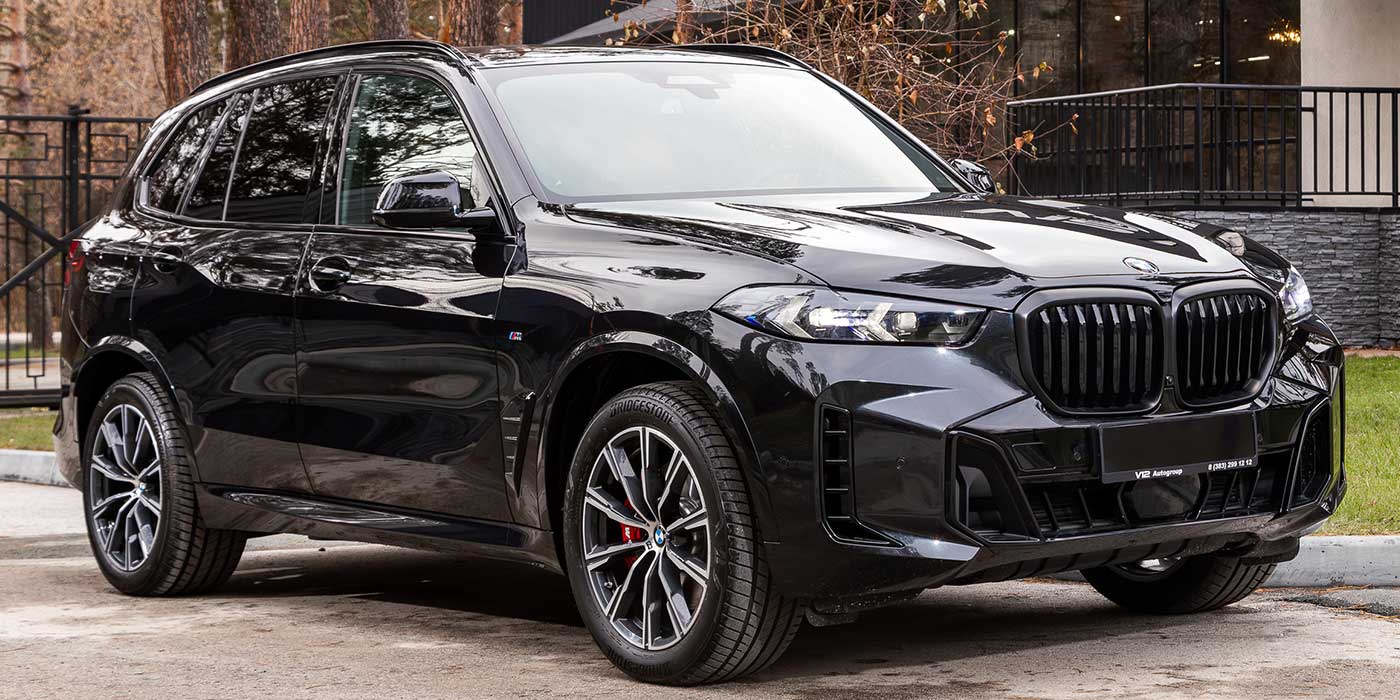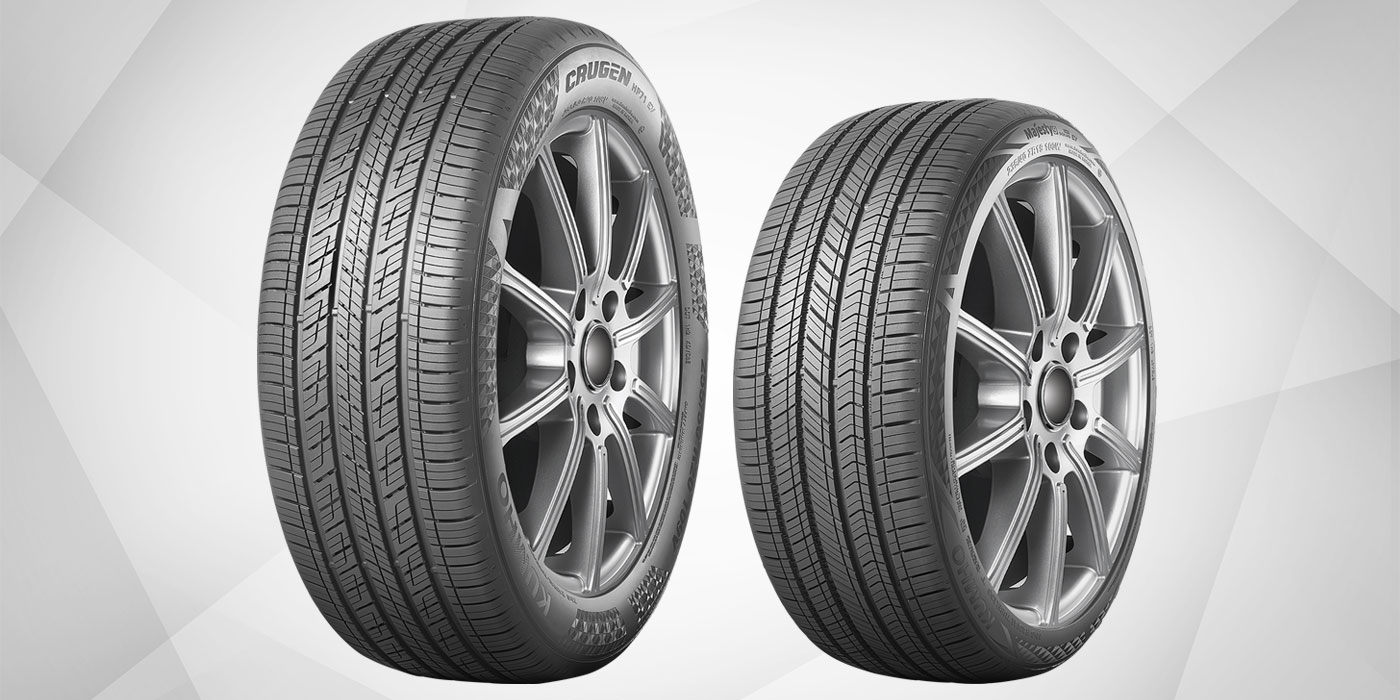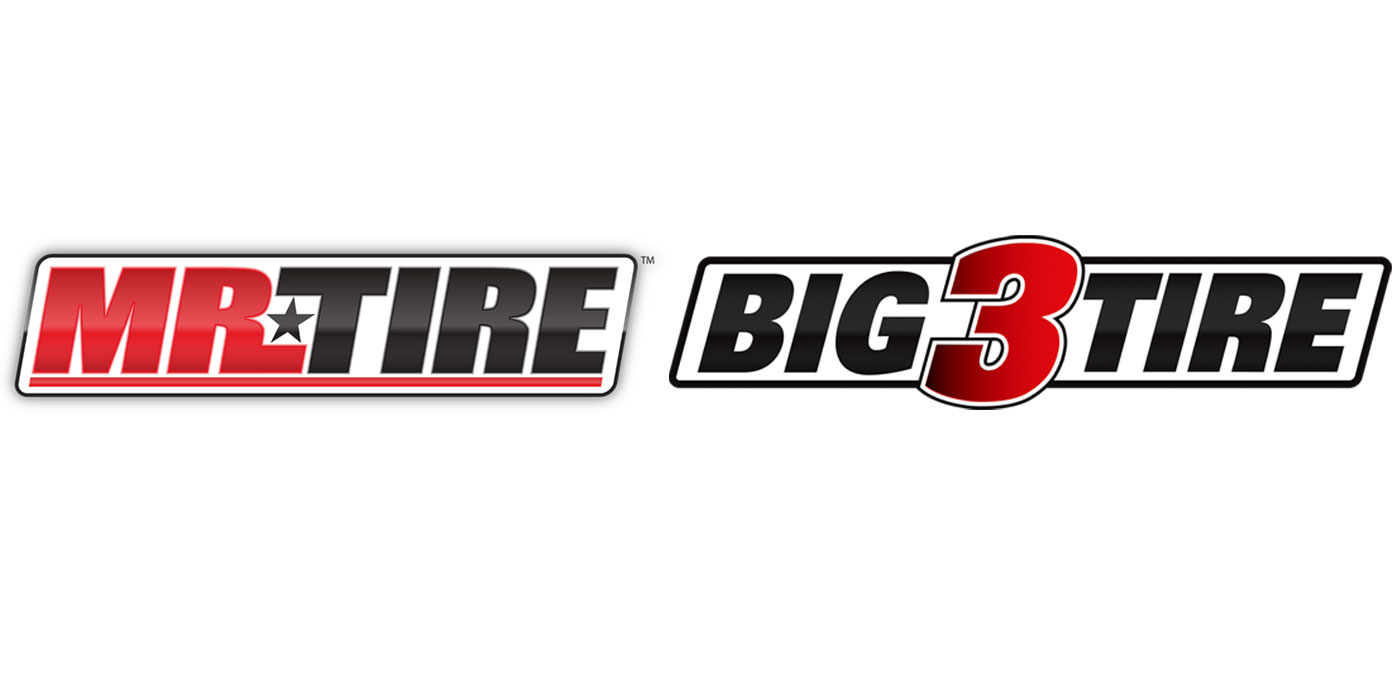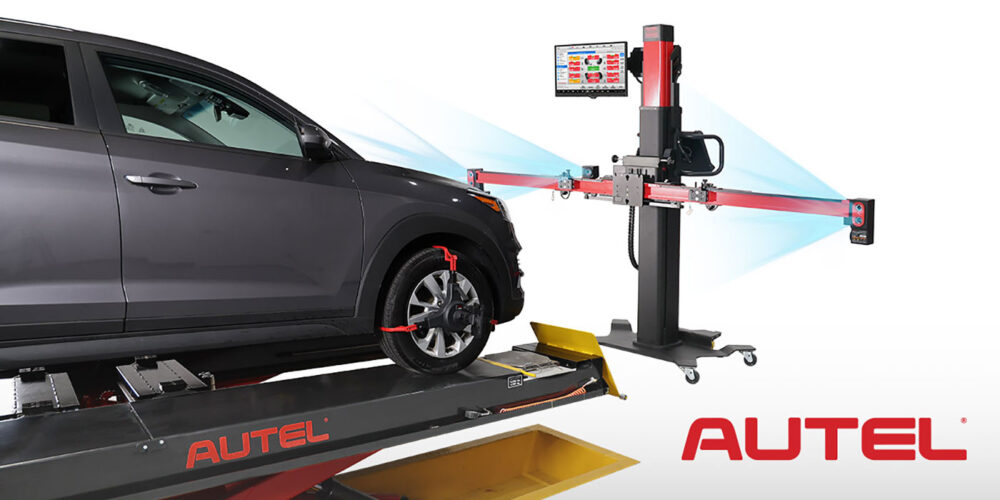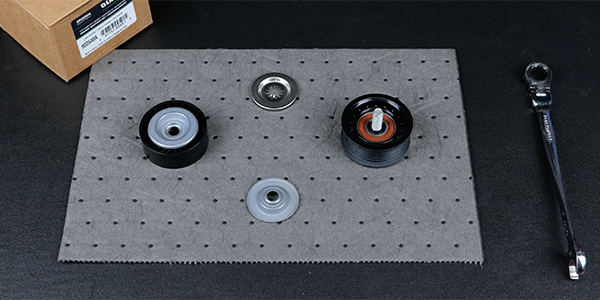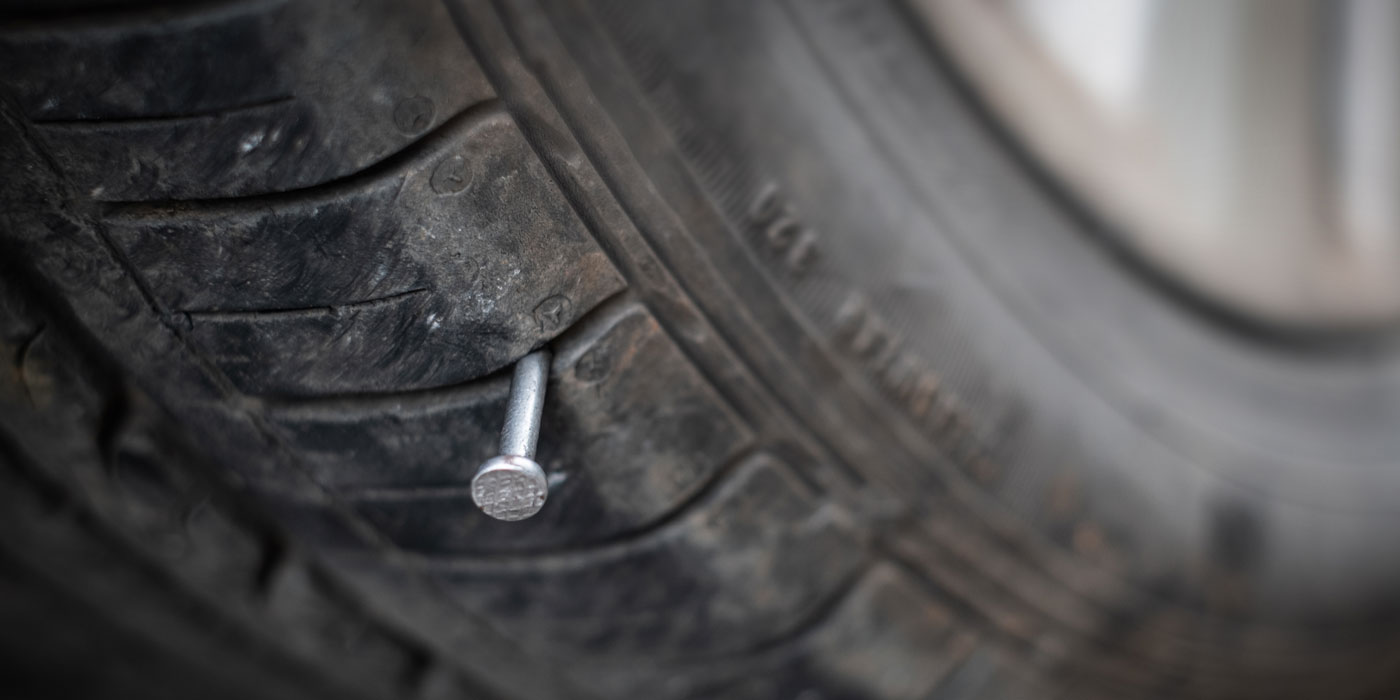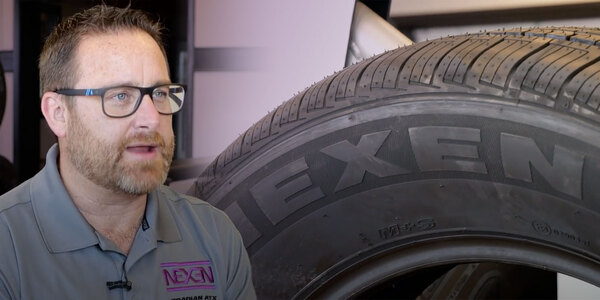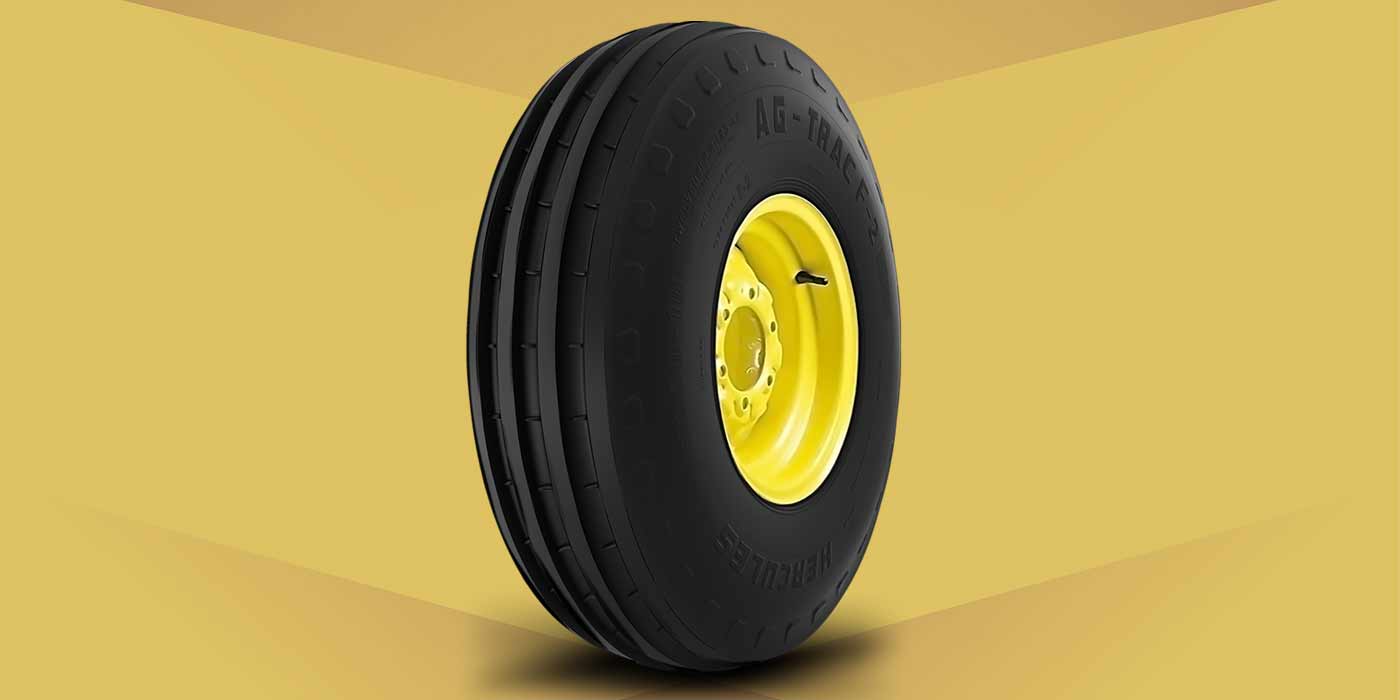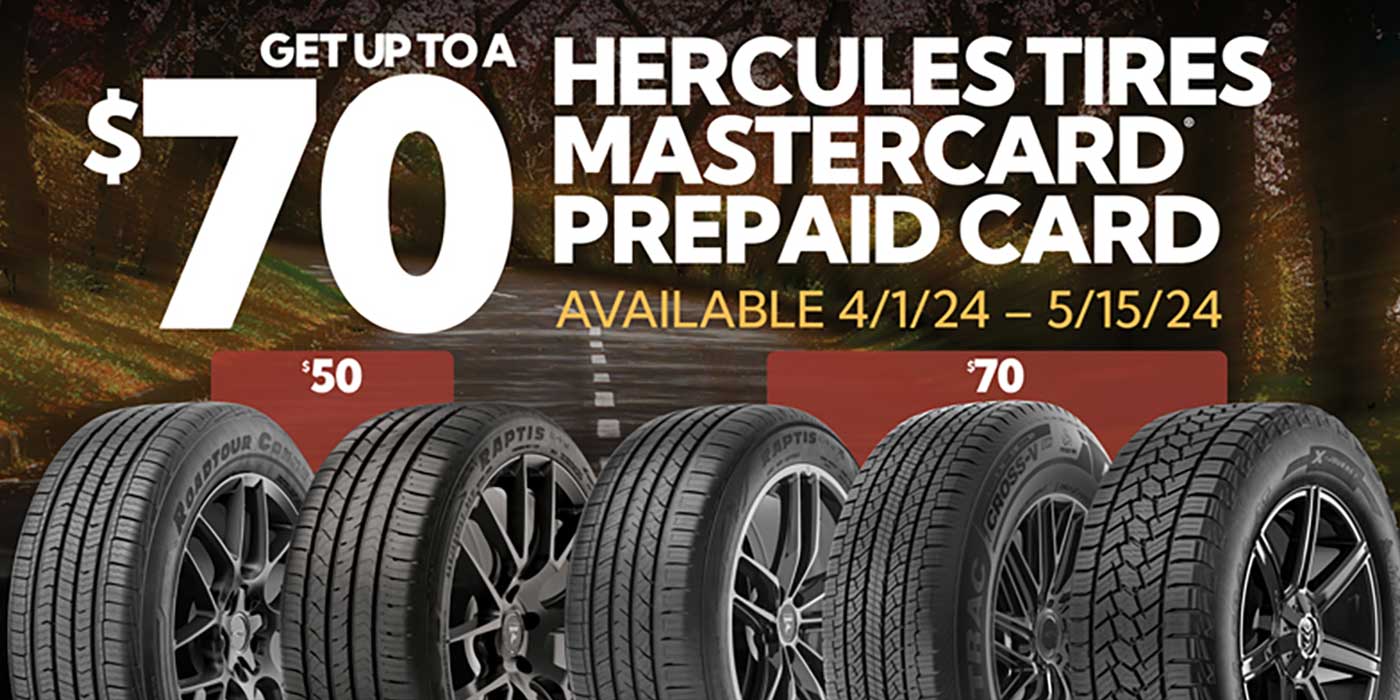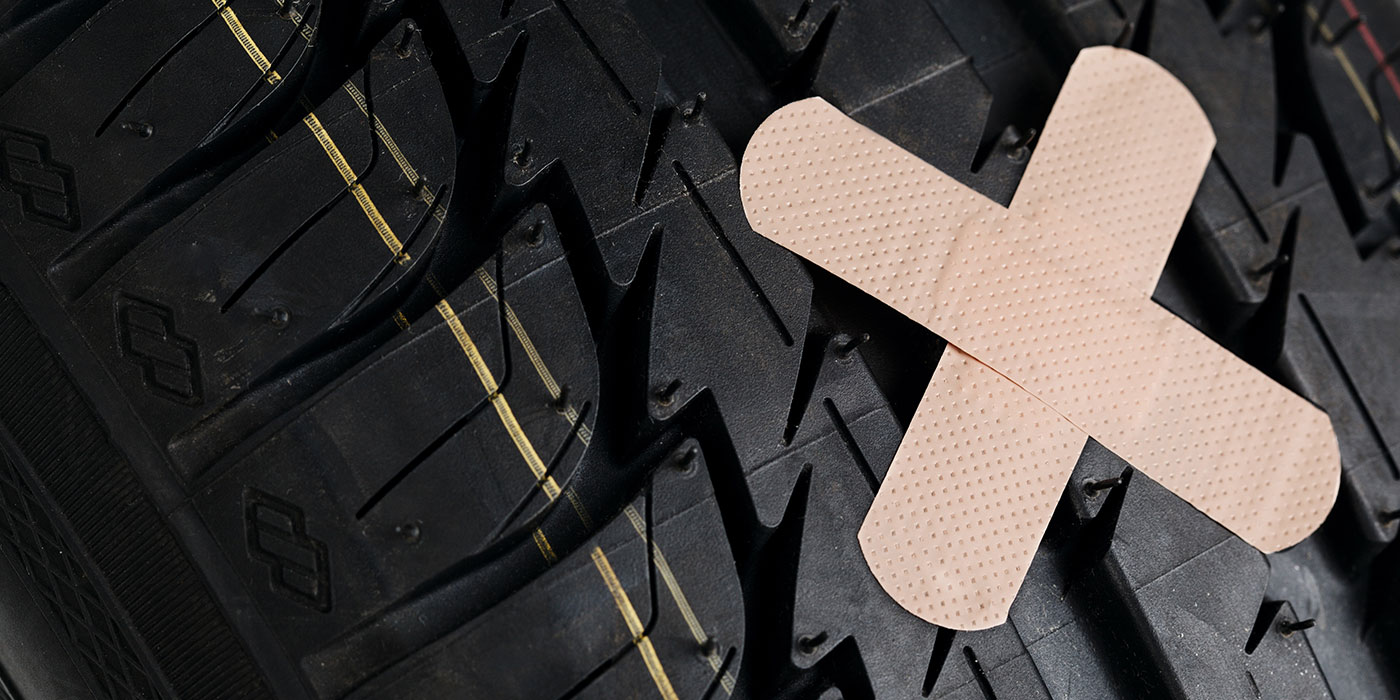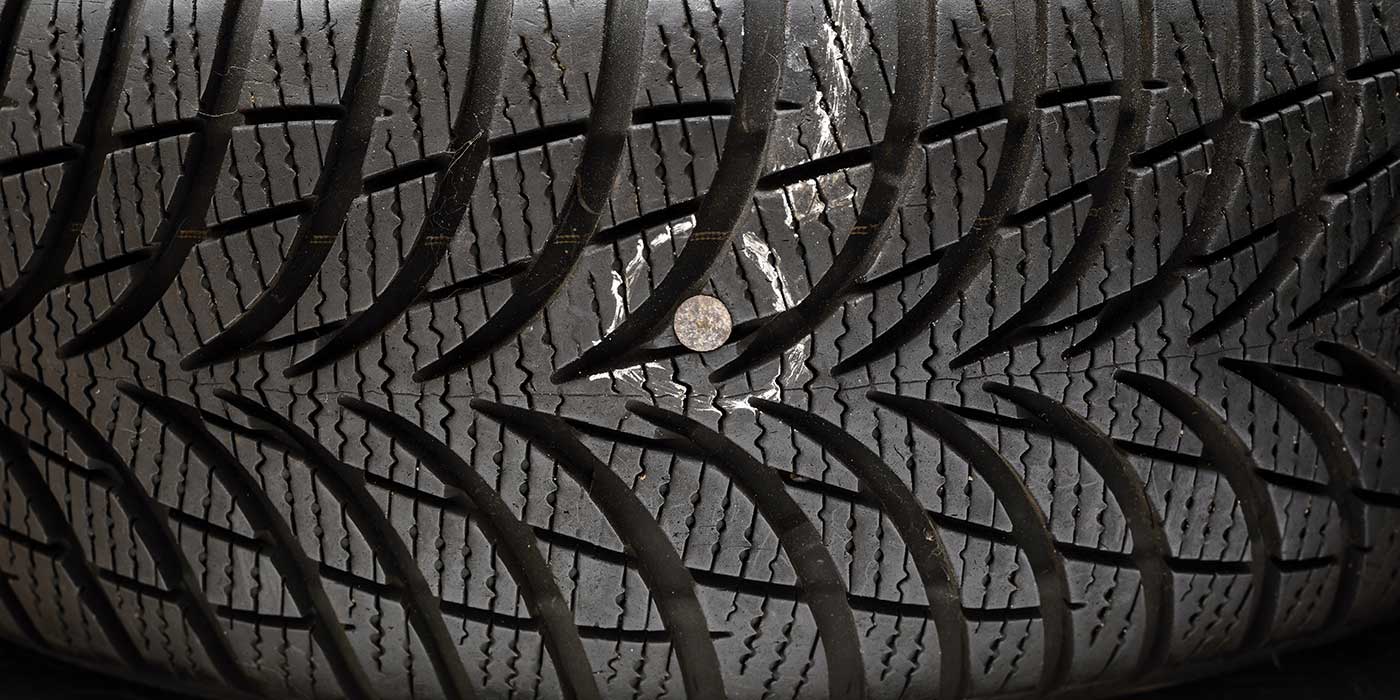With a wide range of tire types available, it can be challenging for drivers to choose the best replacement tire for their vehicle, lifestyle, and location. That’s why keeping up with tire industry trends and product innovations is crucial for both tire dealers and their customers.
Discover how you can enhance consumer knowledge by providing the right answers to frequently asked questions about the differences between all-weather, all-season, and winter tires. Read on for valuable information from Hercules Tires and empower your customers to make informed decisions about their tire needs in every season.
What are all-weather tires?
All-weather tires offer the best of both worlds, combining the advantages of summer and winter tires. What sets them apart from all-season tires is the Three-Peak Mountain Snowflake (3PMSF) certification, which guarantees reliable snow grip and handling in winter weather.
All-weather tires are versatile and designed to perform exceptionally well in both warm weather and challenging winter conditions. These tires maintain flexibility in colder temperatures while providing optimal performance throughout the year.
Additionally, all-weather tires are made from an advanced rubber compound that promotes even wear, enhanced traction, and prolonged tread life to ensure peace of mind all year round and eliminate the hassle of seasonal tire swaps.
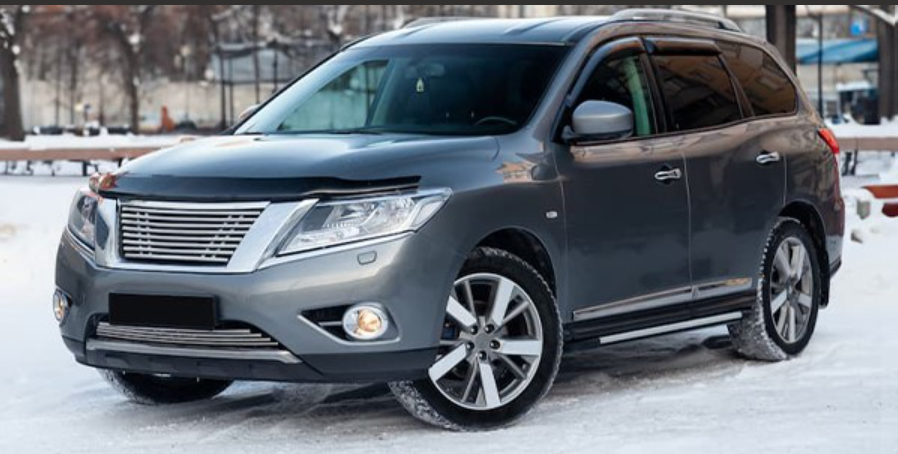
Who benefits from all-weather tires?
All-weather tires are highly versatile and excel in various road conditions, including wet, dry, slush, ice, and snow. Plus, with all-weather performance, drivers benefit from braking power in snowy conditions (when compared to all-season tires) and optimal performance in temperatures as low as 46 degrees Fahrenheit.
Designed for year-round use, all-weather tires are suitable for a wide range of vehicles, from CUVs to SUVs to trucks. They offer excellent control and shorter braking distances on wet, dry, or slippery roads, and – in comparison to all-season tires – all-weather tires offer a year-round solution for better mileage and improved handling in snowy conditions. However, it’s important to note that dedicated winter tires are always the safest option for drivers who live in a region that’s impacted by severe winter weather conditions.
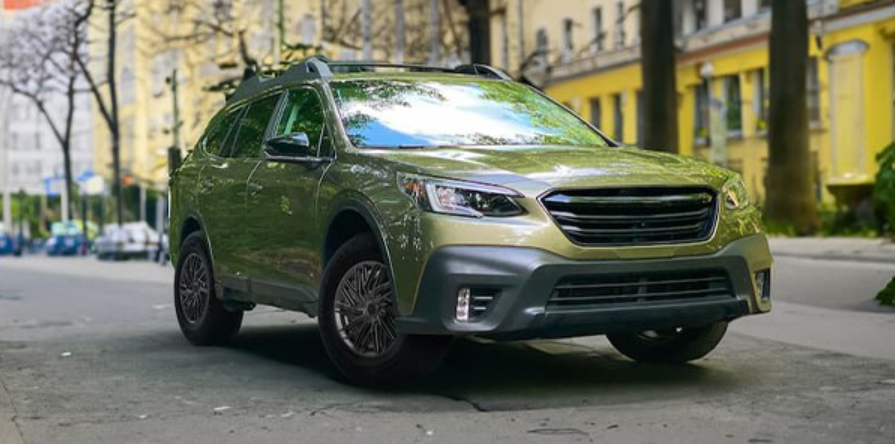
What’s the difference between all-weather tires and all-season tires?
All-season tires are a popular choice with today’s drivers due to their benefits and wide range of options available to meet performance needs. Many all-season tires also come with an M+S (Mud + Snow) rating, which ensures reliable traction on muddy and lightly snow-covered surfaces.
Both all-season and all-weather tires provide excellent tread life, excellent rain traction, and a comfortable, quiet ride, however, while all-season tires perform well in dry and wet conditions, they are not recommended for heavy snow and harsh winter weather.
To ensure dependable performance in all weather conditions, including excellent traction during winter, it is highly recommended that drivers choose all-weather tires certified with the 3PMSF (Three Peak Mountain Snowflake) symbol.
Should I get all-weather tires or winter tires?
When temperatures drop in winter, it’s crucial to have the right tires for optimal handling, cornering, and braking performance.
While all-weather tires are 3PMSF certified for winter driving, they don’t match the specialized performance of dedicated winter tires in extreme conditions. In fact, winter tires are designed to excel in temperatures below 46 degrees Fahrenheit, conquering icy and snowy roads.
So, if your customer’s daily commute involves such severe winter weather conditions, winter tires are the ideal choice for superior safety and performance on the road.

Introduce Your Customers to Premium All-Weather Performance
The all-new Hercules Terra Trac® Cross-V AW is Hercules Tires’ premier all-weather highway tire designed for crossovers, SUVs, and light trucks. It fits popular vehicles such as the Kia Telluride, Jeep Cherokee, Subaru Outback, Toyota Highlander, and Ford F-150.
The Terra Trac Cross-V AW is engineered to be the ultimate all-weather ally without compromise. This innovative product line excels in both warm weather and challenging winter conditions, carrying the Three-Peak Mountain Snowflake certification. It provides a solution for consumers seeking an alternative to purchasing separate winter tires. With advanced technology and enhanced features, the Terra Trac Cross-V AW promises a driving experience that delivers performance, confidence, and quiet comfort all year round.
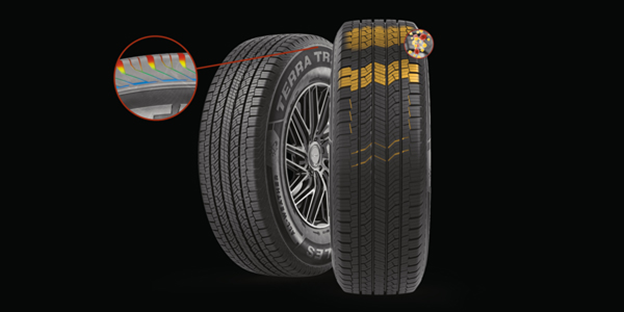
Key features of the Terra Trac Cross-V AW include:
- Balanced Performance: Advanced all-weather compound seamlessly balances treadwear, durability, and winter performance.
- Enhanced Ride Quality: Intricate groove design and wider contact patch allow for longer-lasting performance, durability at high speeds, and enhanced braking.
- Driving Stability: Reinforced tread block stiffness enhances driving stability and handling when turning and during stop-and-go driving conditions.
- Optimized Design: The zig-zag tread pattern minimizes tread block movement during braking for better stability and control.
The all-weather highway tire is also backed by Hercules Tires’ Performance Promise warranty, offering up to a 65,000-mile treadwear warranty (SUV/(P)-Metric 65,000 miles and LT-Metric 60,000 miles), a 45-day “Trust our Ride” trial period, road hazard protection and workmanship and materials coverage.
For more information related to the benefits of all-weather tires, and the all-new Terra Trac Cross-V AW, visit HerculesTires.com/crossvaw-dealer.
To learn more about how to become a Hercules Tire dealer, click here.
Sponsored by Hercules Tires

